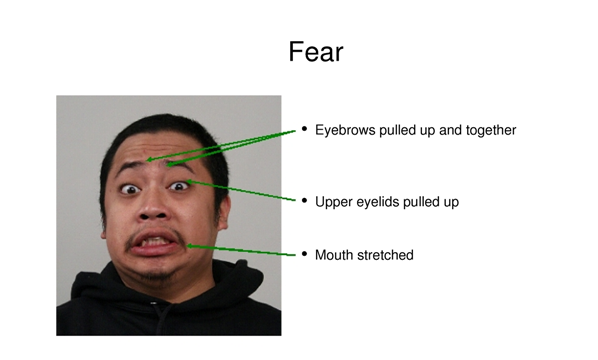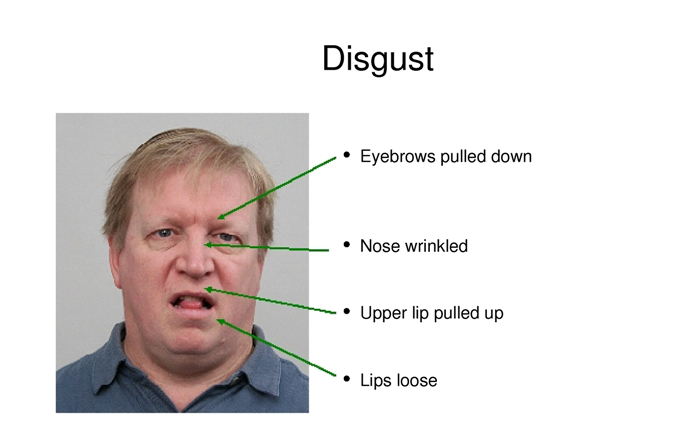We’ve all experienced “gut feelings” but a new study out of Sapienza University supports the idea that these feelings could be tied to physiological changes. Researchers in Rome investigated how emotional states such as disgust and fear could affect acidity levels in the gut.
The Methodology
 Giuseppina Porciello and her team asked 31 men whose average age was 24 to take a pill that measures pH levels in the gut.
Giuseppina Porciello and her team asked 31 men whose average age was 24 to take a pill that measures pH levels in the gut.
The men then watched videos that elicited feelings of disgust, fear, and happiness while the pill sensor travelled down their gastrointestinal tract.
After watching each video, the men completed a questionnaire to rate the intensity of their emotions.
The Results
A fter watching the videos that elicited feelings of disgust and fear, the participant’s stomach pH level wasmore acidic than it was at a baseline measurement.
fter watching the videos that elicited feelings of disgust and fear, the participant’s stomach pH level wasmore acidic than it was at a baseline measurement.
Those with the most acidic pH reported feeling the most disgusted and fearful. It is unclear whether a particularly acidic stomach heightens these emotions or if experiencing these emotions results in more acidity.
The participants who reported feeling happy, regardless of the video they watched, had a less acidic pH in their stomach.
Porciello and her team are now carrying out a similar study on female participants.
The Brain/Gut Connection
This research reinforces models that suggest the gastric network plays a major role in our body’s emotional responses.
As stated by the Harvard Medical School, the gastrointestinal tract is sensitive to emotion. Anger, anxiety, sadness, elation — all of these feelings (and others) can trigger symptoms in the gut.
The brain has a direct effect on the stomach and intestines. For example, the very thought of eating can release the stomach’s juices before food gets there.
Feeling disgust in the pit of your stomach isn’t unusual. In fact, self-reported ‘body maps’ of emotions often associate negative emotions with the gastric system.
It’s not just a mental thing either – recordings of the electrical activity in the gut’s muscular wall also reflect our experiences of revulsion.
Our bodies appear to be driven to ramp up gastric activity when we experience things we ought to stay clear of, evoking a sense of nausea.
Universal, Psychological Themes
It’s important to remember that research has demonstrated that, despite many differences (and similarities) in the specific types of events that trigger emotions in us, there are universal, psychological themes associated with each of the seven universal emotions – anger, contempt, disgust, fear, happiness, sadness, and surprise.
A psychological theme is the basic, most elemental way in which our minds process and evaluate any event in terms of what the event means to us psychologically. These themes are mostly concerned with our welfare.
The fact that there are universal, psychological themes associated with basic emotions means that the same underlying, psychological themes trigger the same emotion in all humans around the world, regardless of differences in race, culture, nationality and any other demographic characteristic.
So what are some quick descriptions of themes for the basic emotions of disgust and fear?
 Disgust – Contamination
Disgust – Contamination
Disgust is triggered when our minds appraise something that is dirty, rotten, offensive, or contaminated.
 Fear – Threat
Fear – Threat
Fear is triggered when our minds appraise something as threatening, or potentially threatening, or sense of self. The sense of self that is threatened can be our physical self as well as our psychological self.
To see the other triggers for universal emotions click here.